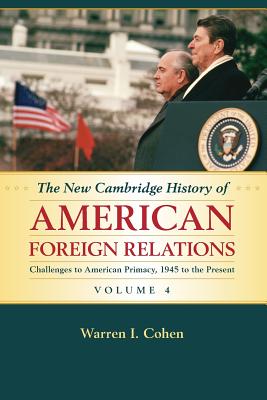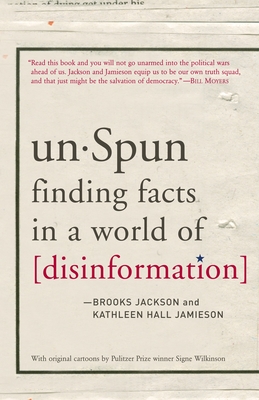
description
2Since their first publication, the four volumes of the Cambridge History of American Foreign Relations have served as the definitive source for the topic, from the colonial period to the Cold War. The fourth volume explores the conditions in the international system at the end of World War II, the American determination to provide leadership, and the security dilemma each superpower posed for the other. This revised and expanded edition incorporates recent scholarship and revelations, carrying the narrative through the years following the end of the Cold War into the administration of Barack Obama. The author points to the nature of the Stalinist state, with its secrecy and brutal dictatorship, to explain the course of the Cold War. The character of the American political system, including the separation of political powers and the role of interest groups, prompted American leaders to exaggerate dangers abroad to enhance their domestic power. The book also provides insight into Chinese and Soviet actions during the Korean War, the Taiwan Straits crises of the 1950s, and the Cuban missile crisis. It explains the rise and fall of détente in the 1970s, describes how imperial overreach strained both the United States and the Soviet Union in the 1980s, and reflects on what the Cold War meant for the world. This new edition also examines the failure of postwar administrations to provide a workable policy with which to confront the world after the demise of the Soviet Union.
member goods
No member items were found under this heading.
Return Policy
All sales are final
Shipping
No special shipping considerations available.
Shipping fees determined at checkout.







